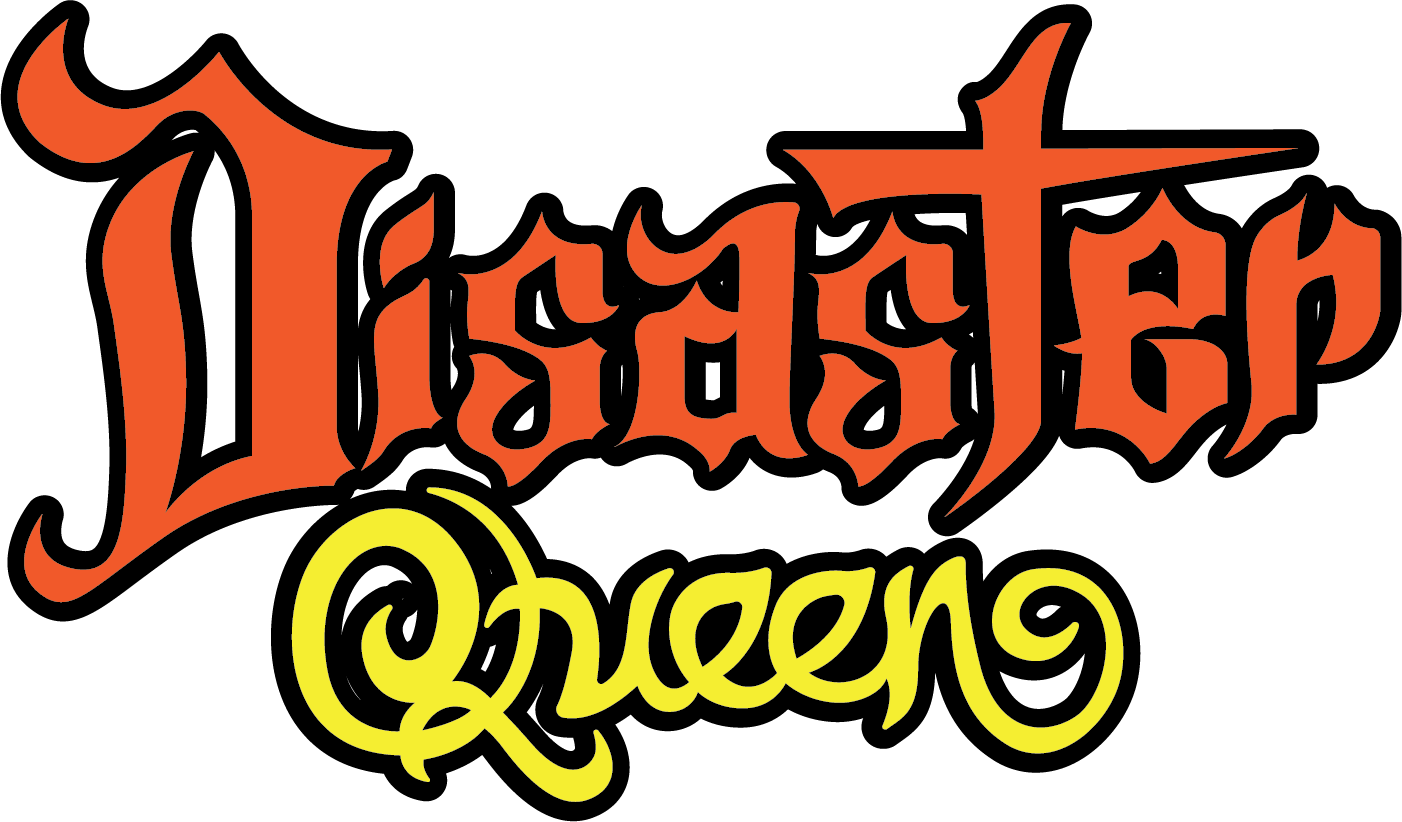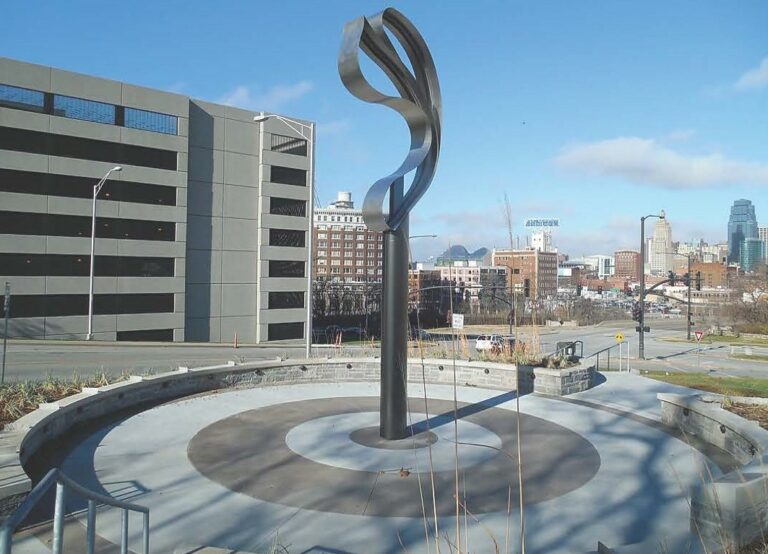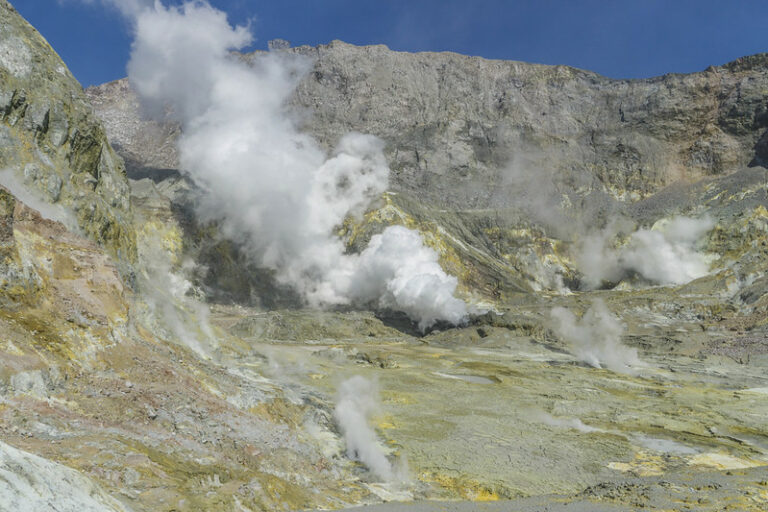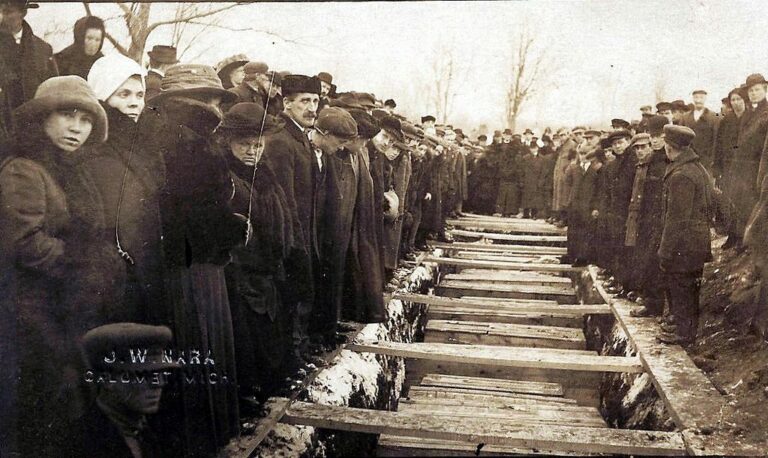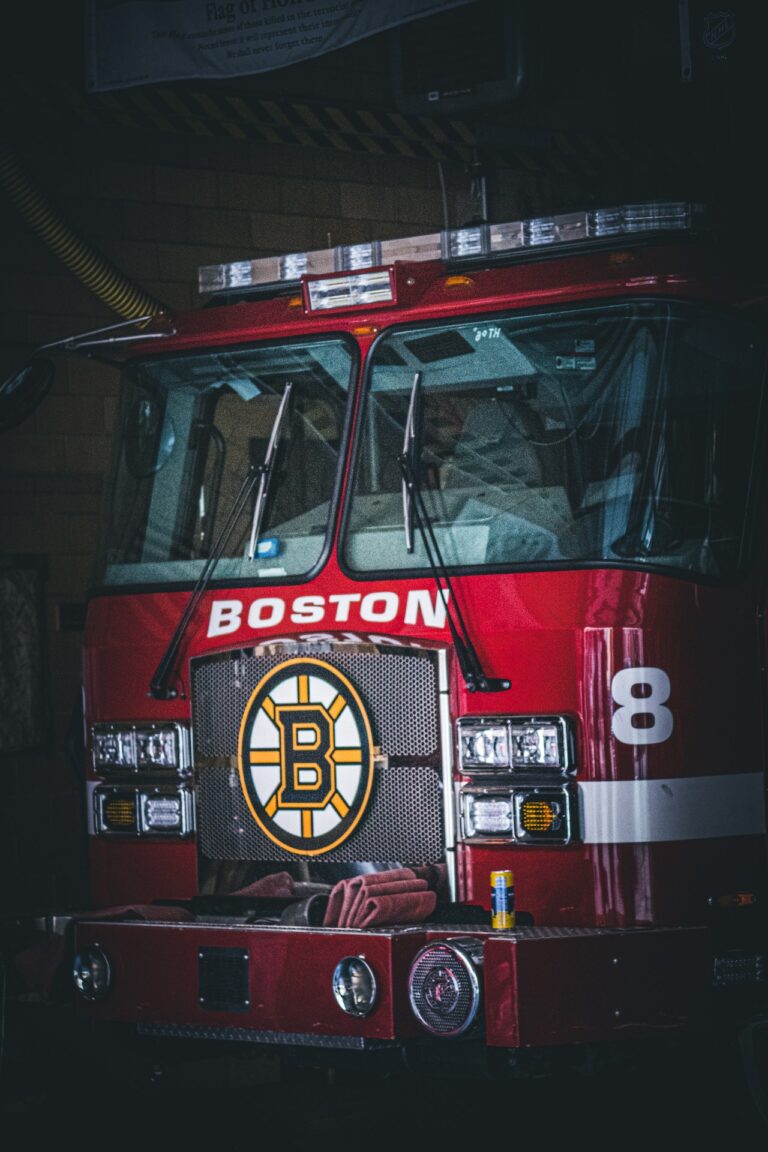The Aberfan Coal Tip Disaster: A Generation Lost
The Aberfan disaster is probably the saddest disaster I have covered on the Disaster Queen Podcast to date, and it’s also one of the most preventable. The scope of the tragedy that took place in that Welsh village on October 21, 1966 is unfathomably huge: 144 people lost, 116 of them children, most of whom were at school when the disaster occurred. This small town lost a generation of youngsters in an instant. You will need to listen to episode 6 of the Disaster Queen Podcast to get the whole story, but here are a few facts about what happened.
The Aberfan Disaster is the U.K.’s Worst Mining Disaster Ever
Even though it didn’t happen in the coal mine, and didn’t kill or injure coal miners on duty, but rather largely their family members in the village, the Aberfan disaster is still the U.K.’s worst mining disaster on record. That’s because a huge pile of coal waste directly from the mine, known as a “coal tip” collapsed and slid down the hillside onto the village of Aberfan, mostly directly on top of the Pantglas Junior School where about 250 children ages 7-10 were in already in class for the day. So, it is classified as a “mining disaster” as it was the direct result of the mining operation at the Merthyr Vale colliery.
Coal Tip # 7 Was Massive, and Massively Unstable
The massive pile of coal that slid down the hillside on top of the Pantglas Junior School was called Tip #7. It was the only “active” tip at the time, meaning all the other tips had gotten too big to be added to. Presumably, the next one would have been called Tip #8. Tip 7 was a veritable mountain of coal waste—297,000 cubic yards of it. Due to very poor planning, it was also sitting atop a natural spring, and this water source running underneath it made it inherently unstable, a disaster waiting to happen. A similar but not-deadly slide had occurred under similar circumstances in 1944 with a previous coal tip. But, it stopped short of the village and didn’t kill anyone, so the National Coal Board did absolutely nothing to keep it from happening in the future, thereby sealing the fate of 144 people on October 21, 1966.
The Aberfan Disaster Left Huge Psychological Scars on Survivors
In researching the podcast episode, one thing I read over and over again in survivor interviews with the BBC and heard them say in documentaries is: “the psychological pain lasts forever.” Child survivors and first responders alike commented on the fact that they had zero counseling after the tragedy and didn’t talk about it with their families. It is such a shame that we didn’t have the emphasis on trauma counseling, therapy, and recovery then that we do now. I honestly don’t know how these kids survived after living through the horrors of nearly being buried alive, of losing siblings, and how first responders could go on after pulling so many small bodies from the rubble. Not to mention parents who lost children! The U.K. “stiff upper lip” can only take you so far, and according to survivors Jeff Edwards and Gaynor Minett, the inability to talk about their experiences only compounded their psychological trauma.
Aberfan Left a Legacy of Safety
I talk about it in the episode (so go listen) but I want to emphasize here as well that Aberfan is truly a disaster that changed things for the better. What was learned and put into action because of that horrible tragedy made this world a safer place. Kudos to the U.K. politicians and coal board employees who made sure that no tipping disaster of this or any magnitude would ever happen again.
Did you listen to this, our saddest episode yet? I hate it, but it’s a story that needed to be told! Here are the resources I studied for the episode. Can’t wait to see you back here in 2 weeks!
https://www.history.com/this-day-in-history/aberfan-disaster-mining-landslide
https://www.geolsoc.org.uk/Geoscientist/Archive/October-2016/Tipping-point
https://www.geolsoc.org.uk/Geoscientist/Archive/October-2016/Aberfans-engineering-legacy
https://www.bbc.com/news/uk-wales-58874233
https://www.upi.com/Archives/1986/10/25/A-disaster-that-wiped-out-a-villages-children/9667530596800/
https://www.bbc.com/news/uk-wales-42101460
Credits:
The Disaster Queen Podcast is a production of Disaster Queen Productions LLC.
It is produced, researched and written by Jenny Rapson, the Disaster Queen.
The Disaster Queen Pod Squad:
Audio engineering: Robert Rapson
Editing: Josh Rapson
Original theme music: Robert Rapson
Original podcast artwork: Ken Clark
Website Design: Hello Chicky Design
